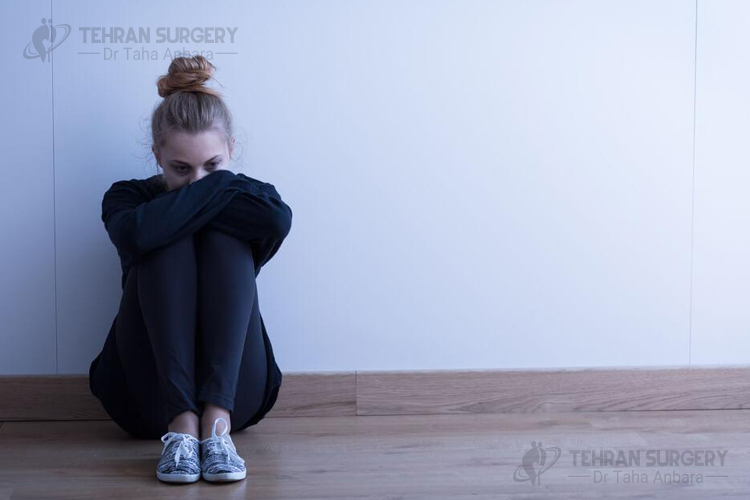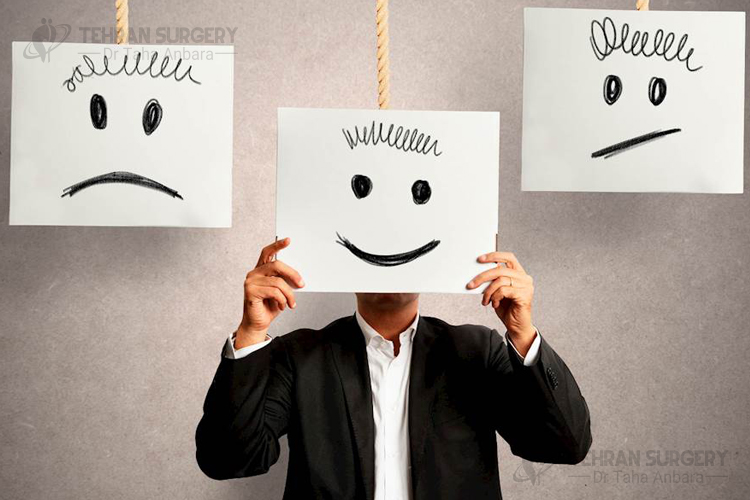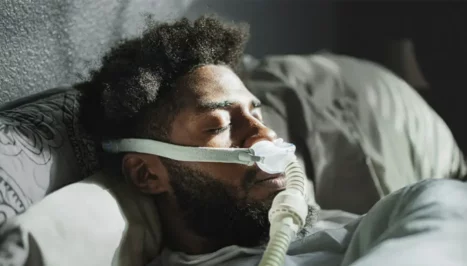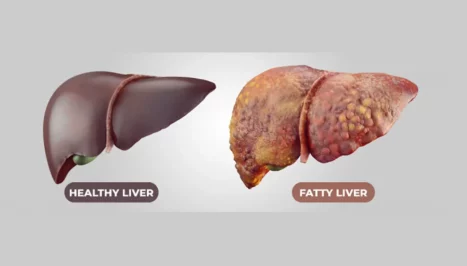Depression after bariatric surgery

Some bariatric patients may experience depression after the surgery. Actually, there is a relationship between bariatric surgery and depression and the suicide rate for bariatric patients is at least five times more than the general population. Generally, patients who have undertaken weight loss surgery report a higher rate of depression than other people. Preoperative fantasy expectations about future weight reduction and quality of life improvement can cause depression after bariatric surgery.
It is very disappointing when you realize you can’t eat certain food never again. There is also a relationship between low-calorie diet after the surgery and depression.
On the other hand, pre and post-operative regimens cause serotonin depletion and low or inactive serotonin leads to anxious mood, depressed mood, anger, fatigue, and irritability.
Most bariatric patients are believed if they lose weight after the surgery they won’t miss the food. But after the operation especially within 2 to 3 months’ post-op the surgery, they will find that life goes on as usual but they can’t have a normal life the same as others. They will deprive of eating food, the most enjoyable thing in life.
More addition patients who want to have weight loss surgery think if they can’t eat following the surgery and lose weight so they won’t go back to old eating habits. Actually, it is wrong and it is normal for people to eat food to deal with emotions even after bariatric surgery. People with eating disturbance habits before the surgery will also experience postoperative eating disturbance although it may happen for a short period and diminish after one or two years following the surgery. So when patients realize they have to control their emotional eating after the surgery, they will feel depression.
Depression identification

You should have all of the following symptoms to be considered depressed but if you have at least five symptoms, it can be indicative of clinical depression.
- Having a depressed mood almost every day and most of the day
- Insomnia or hypersomnia almost every day
- The feeling of worthlessness or excessive guilt
- Anhedonia that causes to remove interest for almost all activities every day and most of the day
- Fatigue or loss of energy
- Psychomotor agitation or retardation
- Inability to concentrate or indecisiveness
- Significant changes in appetite
- Irritability or increased somatic complaints without physical cause
- Recurrent thought of suicide or death
Tips to prevent depression after bariatric surgery

There are some tips that help you to prevent depression after bariatric surgery:
- Practice switching food as the main event for an activity. For example, you can arrange to see your friend to attend a play rather than going to a restaurant. It is difficult but you should try this transition before the surgery to decrease stress after bariatric surgery.
- Start a healthy way to cope with your stress. For example, find a new hobby, attend a different class or listen to music especially for the first few months after the surgery which is the most stressful time.
- Regular exercise works as an antidepressant.
- If you have a history of suicide attempts, depression or inpatient psychiatric hospitalization, you should be under the supervision of a psychologist and psychiatrist along with medication management.
- If you are already depressed postponed the time of surgery until your depression decrease.
Generally, most patients will not experience depression following the surgery but it is not impossible. The best way is to study the postoperative depression and prevent from happening. But patients with a history of depression are at higher risk of severe post-operative depression.




